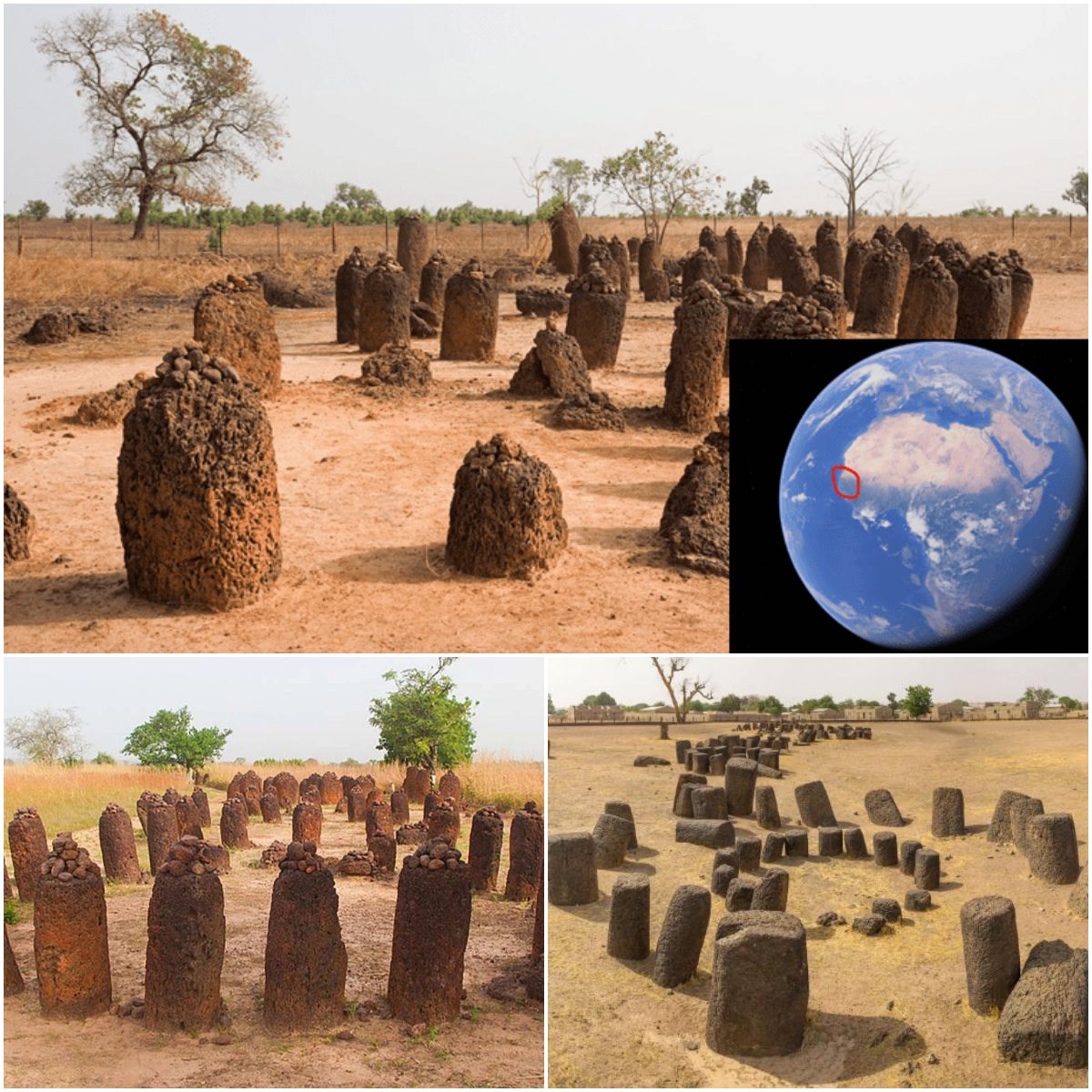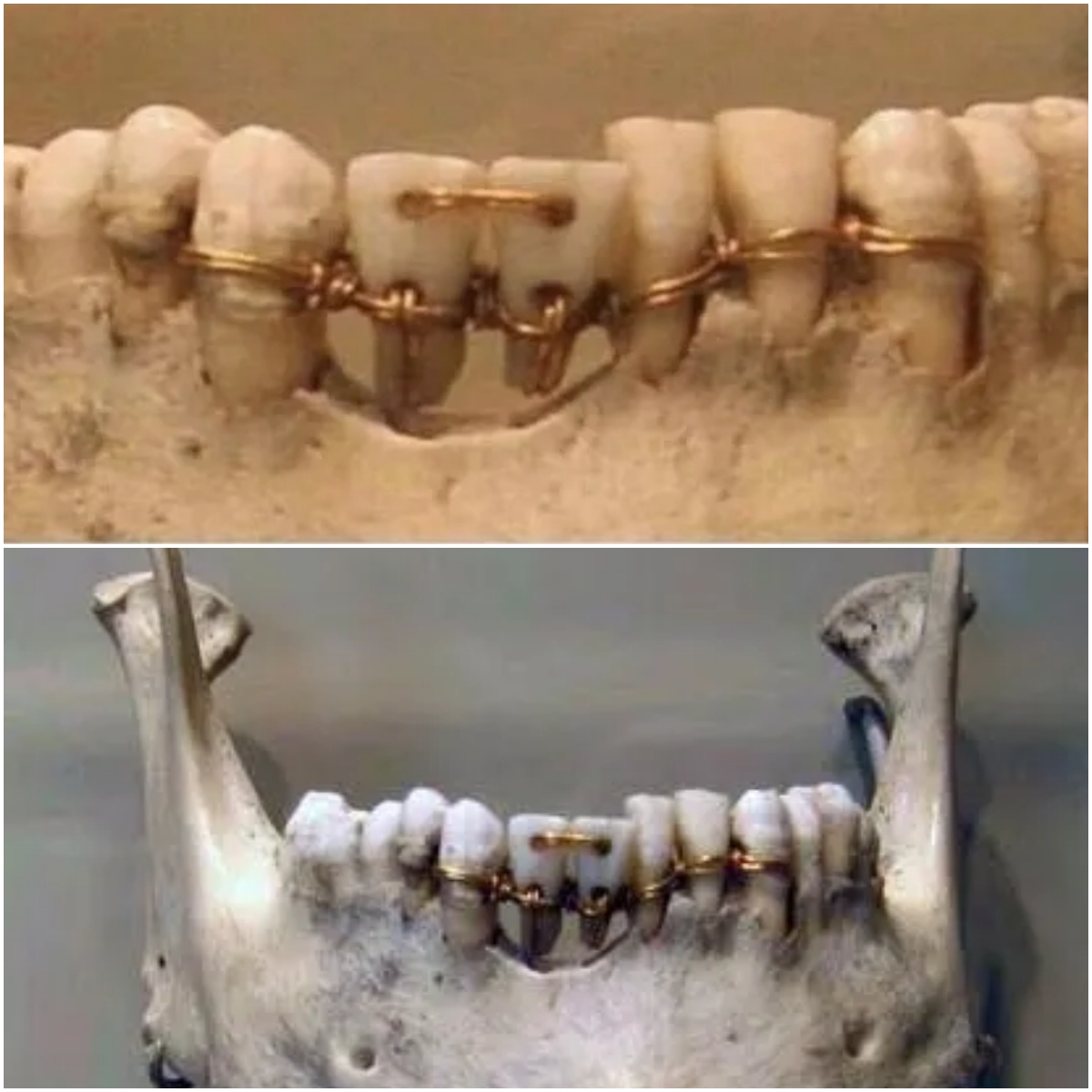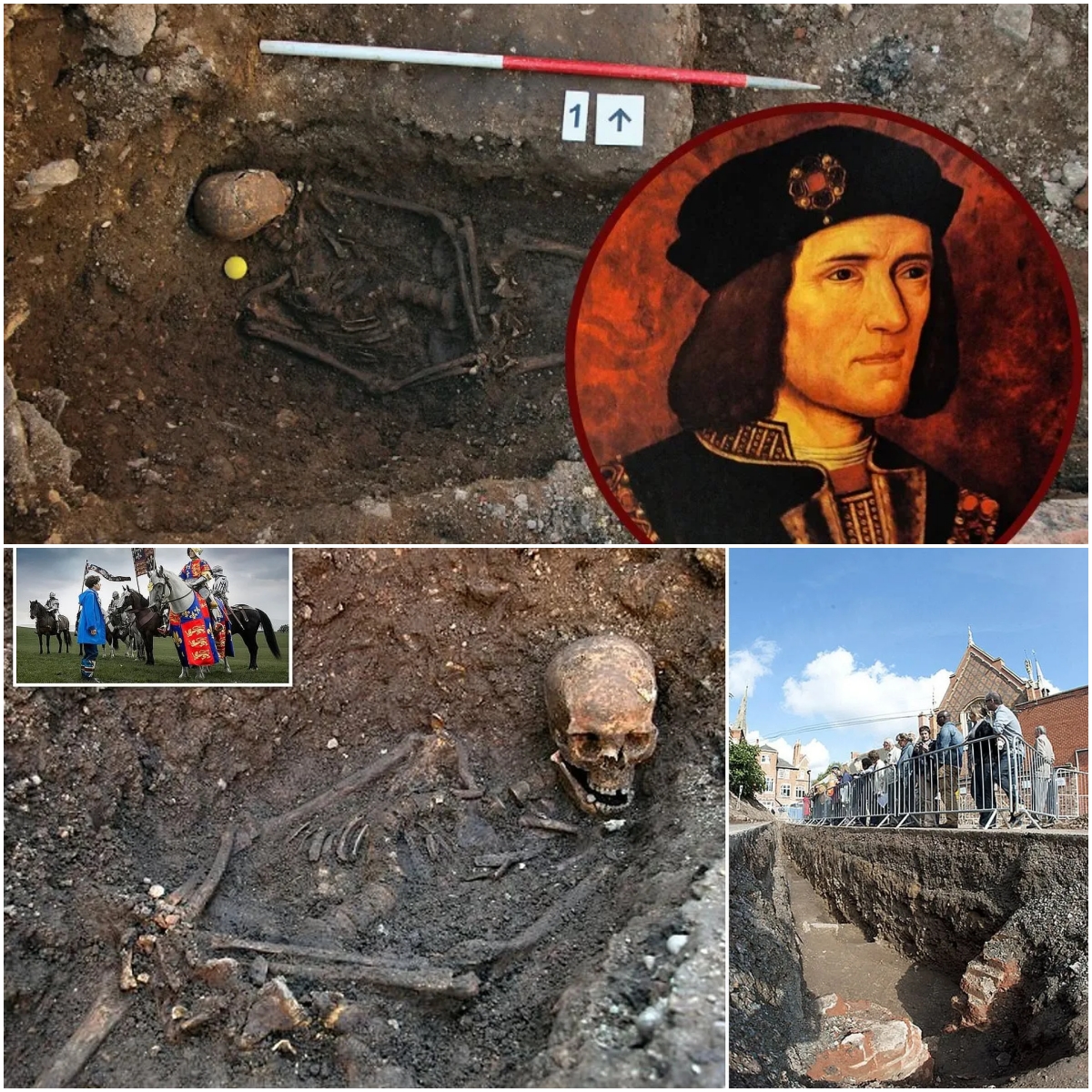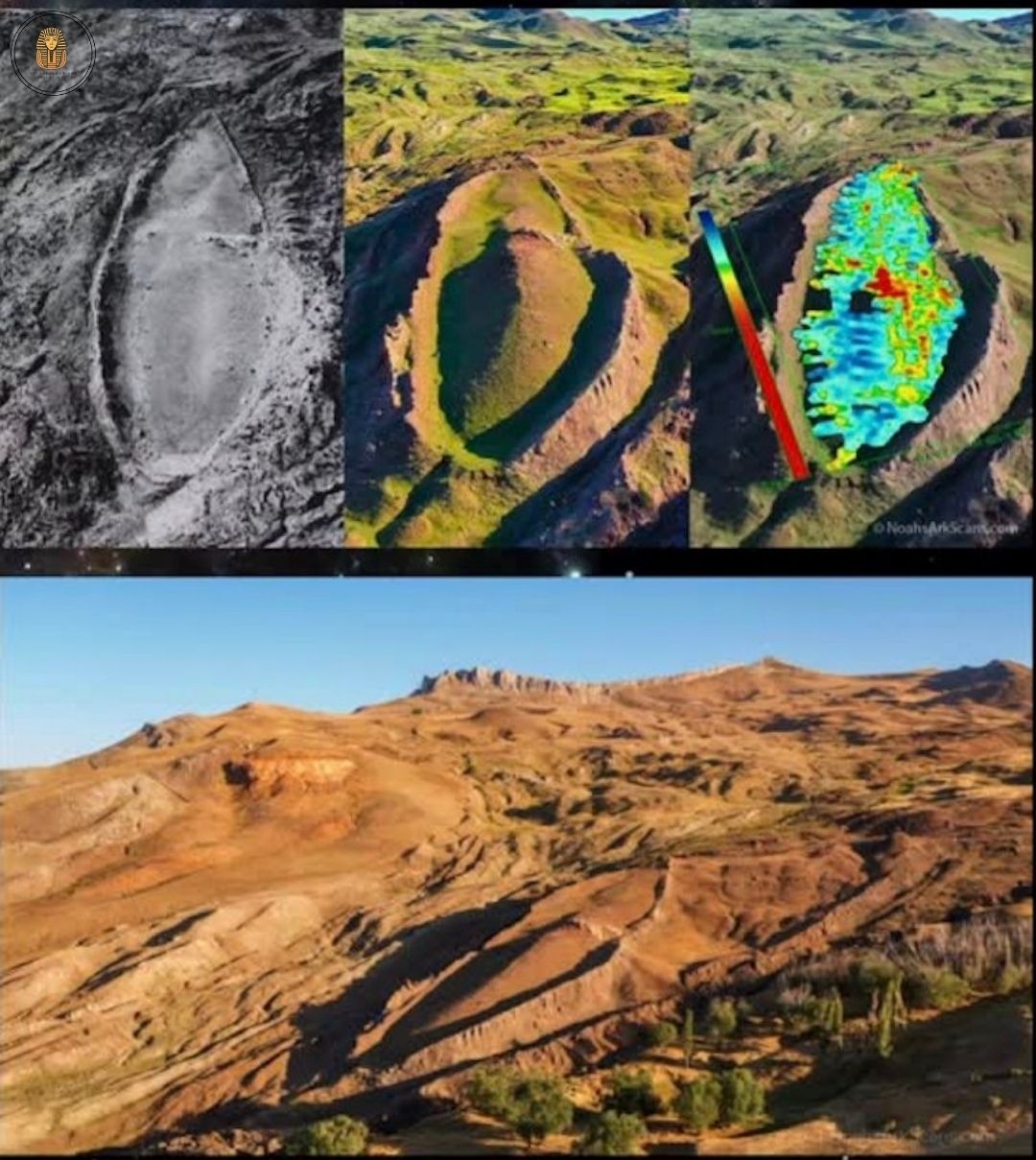Shocking Revelation! The Dark and Sinister Truth Behind the 70 Million Mummified Animals in Egypt Is Revealed
A mysterious legacy unearthed
The sands of Egypt, a treasure trove of ancient mysteries, have long fascinated archaeologists and historians alike. However, a surprising discovery has shed new light on the practices of the ancient Egyptians, revealing a dark secret hidden beneath the reverence of their mummification rituals. Recent excavations have unearthed over 70 million mummified animals, shedding light on an extensive industry that thrived thousands of years ago. This blog post delves into the fascinating details of this discovery, guiding readers through the images of mummified remains and exploring the implications of these ancient practices.
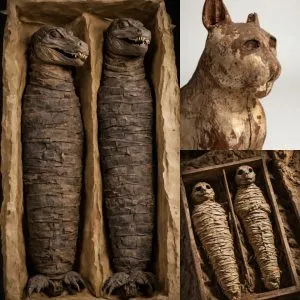
The scale of the mummification industry
Among the winding catacombs and sacred temples of Egypt lie the remains of a vast mummification industry, spanning species and social hierarchies. From cats and birds to crocodiles and ibis, the variety of animals mummified by the ancient Egyptians is astonishing. These creatures, revered as physical embodiments of the gods, were offered by the millions as votive offerings at temples. Archaeologists have excavated sites filled with intricately wrapped animals, their forms preserved for eternity. Images from these sites reveal the meticulous care that went into the mummification process, highlighting the religious devotion and scale of the practice.
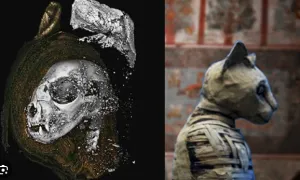
Revealing the motivations
The mass mummification of animals in ancient Egypt was not simply a religious expression but also a reflection of a deeply rooted cultural practice that served multiple purposes. Animals were mummified as offerings to the gods, and were believed to act as intermediaries between the divine and the mortal. This practice also underlined the economic foundations of religion in ancient Egypt. Temples functioned as centers of economic activity, and the mummification industry contributed significantly to their wealth. The sale of mummified animals to pilgrims provided a steady stream of income that boosted temple economies. Through images and artifacts recovered from these sites, we gain insight into the complexity of ancient Egyptian religious practices and their intertwining with economic interests.
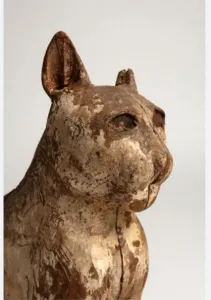
Implications and ancient discoveries
The discovery of 70 million mummified animals not only illuminates the scale of ancient Egyptian religious practices but also offers new insights into its society. This massive mummification industry suggests a level of organization, resource allocation, and technological advancement that was previously underestimated. In addition, recent archaeological finds accompanying these animal mummies have provided groundbreaking insights into life in ancient Egypt. Items such as tools used in the mummification process, texts detailing religious rites, and artifacts depicting people’s daily lives and beliefs offer a more nuanced understanding of ancient Egyptian civilization.
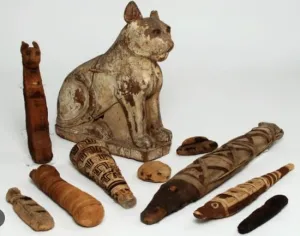
Conclusion: Re-evaluation of old practices
The discovery of Egypt’s 70 million mummified animals reveals a complex interplay between religion, economy, and society in ancient times. Far from being a morbid curiosity, this revelation provides a deeper understanding of the values, beliefs, and operations of an ancient civilization that continues to fascinate the world. By examining the images and evidence discovered at these sites, we are invited to step back in time and see the ancient Egyptians not only as architects and scholars, but as individuals who shared a deep connection with the natural world and the divine. This journey into the past not only enriches our knowledge of ancient practices, but also challenges us to consider the legacy we leave behind for future generations to discover.
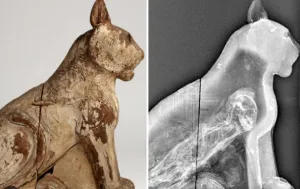
As we continue to explore the vast uncharted territories of ancient history, the legacy of these mummified animals serves as a poignant reminder of our shared past – a past that holds valuable insights for the future. Through the lens of these ancient practices, we are invited to reflect on our relationship with the natural world, pondering the legacy we wish to leave for generations to come.
Over 70 million mummified animals have been unearthed in Egypt, revealing a massive industry tied to ancient religious practices. From cats to crocodiles, these creatures were offered to the gods. What does this discovery tell us about Egyptian beliefs and their connection to the animal world?


